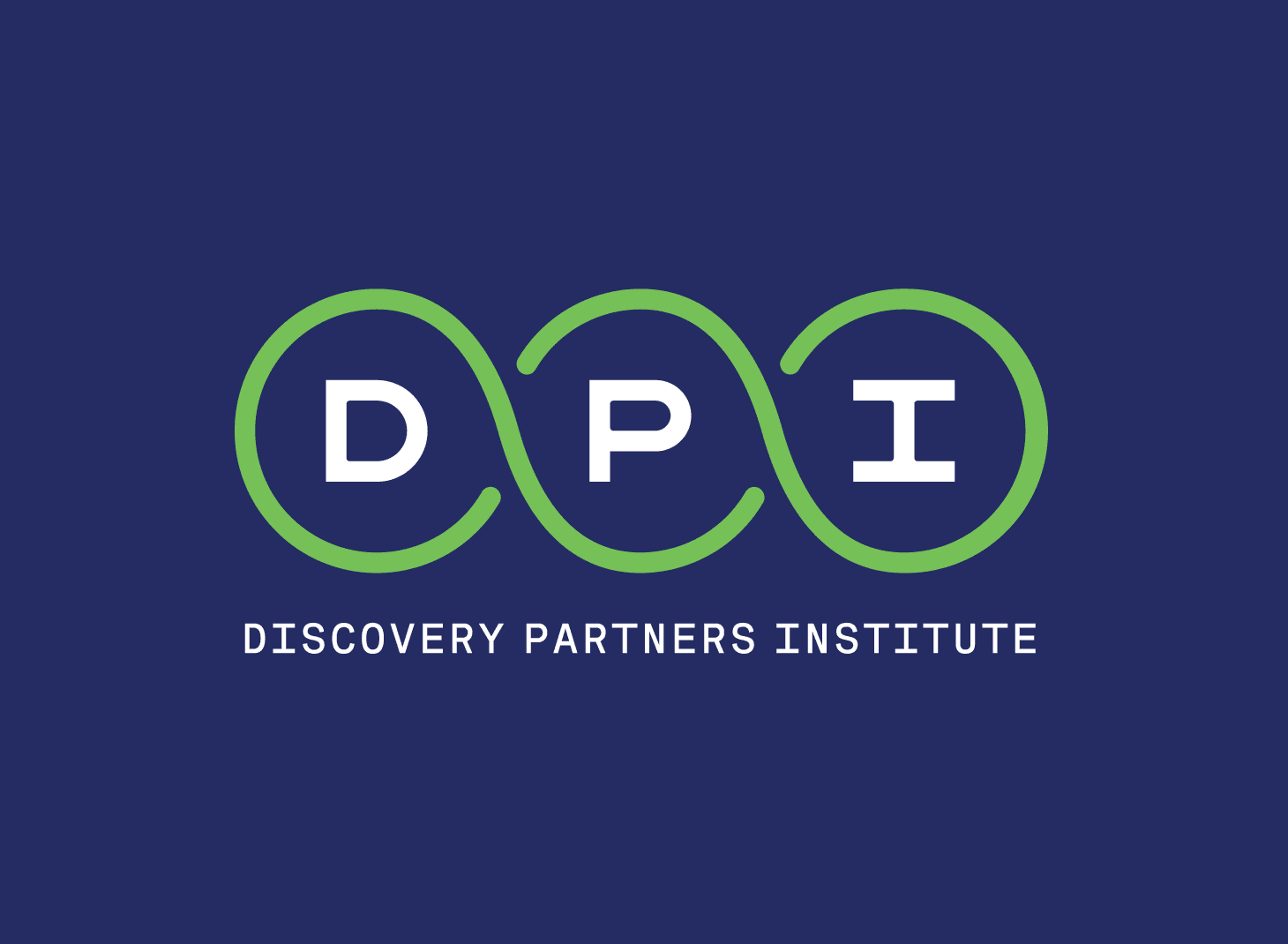Seminar Series on Resilience and Sustainability of Urban Transportation Infrastructure.
Abstract:
Each year, the impacts of forest fires, hurricanes, disease outbreaks and pandemics, earthquakes, and other natural and anthropegenic disaster events are increasingly felt by society. While the concept of “disaster” entails rare/unforeseen events, the increasing prevalence of disasters has led to the recognition that ad hoc responses can no longer be the standard response. Science can inform efforts to prevent disasters from happening, mitigate their impacts when they do happen, and effectively respond to prevent further damage to natural, built environmental, and social systems. Beyond these outcomes, a better understanding of the causes and impacts of natural and anthropgenic disasters can have broader impacts to other fields of science.
Recognizing the need for having a coordinated, holistic response to disaster science, like-minded representatives and liaisons from various Federal agencies, foundations, and institutes have been working together to identify and expand Federal support for disaster science. This talk will focus on the speakers role in this effort, starting from his first days as a new Program Director at the National Science Foundation, supporting a dozen researchers to study the impacts of three hurricanes in rapid succession in fall 2017. Subsequent support was provided to efforts aimed at identifying environmental impacts of drought-induced forest fires, through the development of the National Sewage Surviellance Intergovernmental Leadership Committee with the Centers for Disease Control and numerous Federal agencies. In all these efforts, a unique funding mechanism at the NSF known as “RAPID” played a key role in the ability to get scientists in the field to advance understanding and benefit society. Along the way, the speaker worked with the National Academy of Science, Engineering, and Medicine (NASEM), the National Institutes of Health, and many others to form the Action Collaborative for Disaster Research (ACDR) at NASEM. The ACDR led a session at the Natural Hazards annual meeting with a keynote by former NSF Director Rita Colwell to establish a roadmap for government support of disaster science. Several new initiatives have resuted from these efforts, including support for wastewater based epidemiology, pandemic prevention, and wildfire prediction, prevention, and mitigation.
Professor Rockne received his BS and MS degrees from the University of Minnesota and his PhD from the University of Washington prior to coming to the University of Illinois-Chicago (UIC). He is a professionally licensed engineer and board certified by the American Academy of Environmental Engineering and Sciences. Professor Rockne has been awarded numerous teaching and research awards, including the National Science Foundation’s (NSF) CAREER young investigator award and the NSF Directors award (the top award at NSF) for support of indigenous communities in the Arctic. He has mentored dozens of students and published well over 100 scientific articles and technical reports that put him in the top 6% worldwide in citations in the environmental biotechnology. He has had over 40 grants funded from NIH, NSF, EPA, DOE, USAID, and numerous industrial, state, and non-profit sources totaling nearly $17M.
Professor Rockne has served in many different administration capacities, including as Director of Undergraduate Studies, Department Head, Program Director at the NSF, and Associate Dean for Research. While serving as Director of the Environmental Engineering program at NSF, Professor Rockne co-developed diverse solicitations in climate change, microbiome theory, microplastics, and Distributed Chemical Manufacturing (DChEM), as well as the Mid-Scale Research Infrastructure and Engineering Research Center Gen-4 competitions. Particularly notable were his efforts in response to COVID-19, where he built a program supporting dozens of researchers on wastewater-based epidemiology, as well as his work with DuPont De Nemours to secure the largest unrestricted gift in NSF history to develop the “ERASE PFAS” initiative.
Professor Rockne is a national leader in environmental engineering science and policy, serving on committees to guide the Nation’s desalination research strategy for the White House Office of Science and Technology Policy, co-found the Action Collaborative for Disaster Research with multiple funding agencies and the National Academy of Science, Engineering, and Medicine (NASEM), and chair the Risk Mitigation working group to address contaminants of emerging concern in drinking water. He is a frequent contributor to the NASEM Water Science and Technology Board and supported two landmark NASEM “Grand Challenges” studies in Environmental Engineering and Chemical Engineering. This work was highlighted in his keynote address on 21st Century Engineering and the Grand Challenge of evolving research, education, and the engineering profession to address societal challenges.
Professor Rockne is an avid endurance athlete. This hobby has taught him the importance of perseverance, where he finally qualified for the Boston Marathon after years of near misses.
